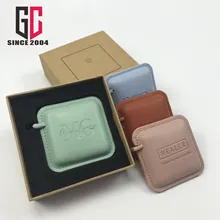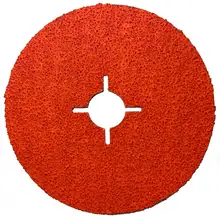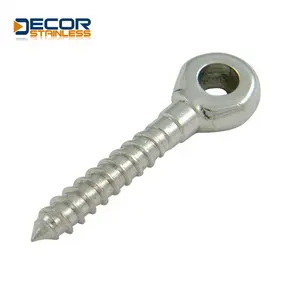Understanding Connecting Bolts
Connecting bolts are integral components in various assembly and fastening tasks. These specialized fasteners are designed to connect two pieces of material, often in machinery or structural applications. Their design and functionality are critical for the integrity of the assembled parts, ensuring stability and performance.
Types of Connecting Bolts
Different types of connecting bolts cater to specific requirements and applications. Shoulder bolts are known for their unthreaded middle section, making them ideal as pivot points in moving assemblies like gears and pulleys. Hanger bolts feature a double-ended design with threads on both ends, commonly used in furniture construction to join wood to metal. Hex bolts, recognizable by their hexagonal heads, come in partially-threaded and fully-threaded variants, with the latter often employed in heavy-duty applications due to their ability to distribute pressure evenly along the bolt's length. For woodworking or carpentry, carriage bolts are preferred for their safety feature of being unbolted from one side only. Lastly, U-bolts are curved bolts with threads on both ends, providing structural support and stability, particularly in piping solutions.
Applications and Features
Connecting bolts are utilized in a myriad of applications. Shoulder bolts are essential in creating rotating assemblies, while hanger bolts are pivotal in furniture assembly. Hex bolts' versatility makes them suitable for a broad range of applications, from simple repairs to the maintenance of large structures like bridges. Carriage bolts are predominantly used in woodwork, offering an added security feature. U-bolts are typically employed to secure piping, preventing movement and collision between pipes.
Materials and Advantages
The materials used in manufacturing connecting bolts include stainless steel, alloy steel, and carbon steel, each offering distinct advantages such as corrosion resistance, strength, and durability. The choice of material depends on the application's specific needs, such as environmental conditions and physical stresses.
Selection Considerations
When selecting connecting bolts, it is crucial to consider factors such as the material's compatibility with the application, the bolt's size, and the type of load it will bear. It is also important to assess the environment in which the bolt will be used, as this can influence the choice of material and the bolt's design.
For those seeking a range of connecting bolt options, Alibaba.com serves as a platform where numerous connecting bolt manufacturers showcase their products, providing a diverse selection to meet various assembly and fastening needs.











































 浙公网安备 33010002000092号
浙公网安备 33010002000092号 浙B2-20120091-4
浙B2-20120091-4